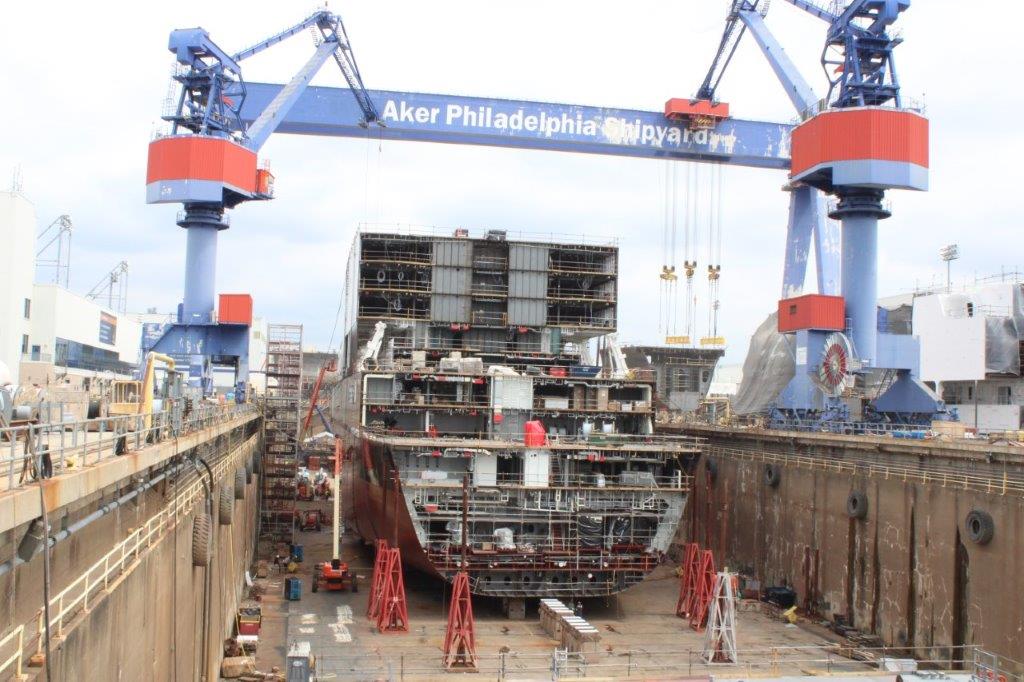Strengthening U.S. Maritime Competitiveness
New SHIPS Act Legislation Aims to Revamp U.S. Shipbuilding Industry

In a significant move to bolster the United States maritime industry, lawmakers have introduced bipartisan legislation aimed at reforming the commercial maritime and shipbuilding sectors. This initiative comes in response to the growing dominance of China in international shipping and shipbuilding. The proposed legislation, known as the Shipbuilding and Harbor Infrastructure for Prosperity and Security for America Act, or the SHIPS Act, seeks to establish a comprehensive national maritime strategy. It also aims to create a maritime security advisor position within the White House National Security Council. This strategic shift is essential for the U.S. to regain its competitive edge in maritime operations.
The Need for Maritime Reform
The SHIPS Act is co-sponsored by Rep. Mike Waltz (R-Fla.) and Sen. Mark Kelly (D-Ariz.), who both recognize the urgent need for reform. According to Kelly, the U.S. has historically been a maritime nation but has lost ground to China, which now leads in both merchant and military shipbuilding. The bill aims to address this imbalance by supporting shipbuilding, shipping, and workforce development. By doing so, it seeks to strengthen supply chains, reduce reliance on foreign vessels, and create well-paying jobs for Americans.
The legislation proposes to add 250 ships to the U.S. international fleet within the next decade through the establishment of a Strategic Commercial Fleet Program. Currently, the U.S. has fewer than 200 oceangoing vessels, with only about 80 engaged in international commerce. In stark contrast, China boasts over 5,500 documented vessels. This disparity highlights the urgent need for the U.S. to enhance its maritime capabilities. The SHIPS Act aims to reverse this trend by fostering a robust commercial maritime sector that can support both civilian and military needs.
Workforce Development and Future Prospects
One of the most critical aspects of the SHIPS Act is its focus on workforce development within the maritime sector. Sal Mercogliano, a former Military Sealift Command mariner and an associate professor of history at Campbell University, has praised the bill for its commitment to improving maritime education. The legislation mandates that the head of the U.S. Maritime Administration provide a report within six months of its enactment. This report will analyze the requirements of maritime academies to boost enrollment and produce more qualified mariners.
Mercogliano emphasizes that a revitalized commercial sector will have positive implications for U.S. Navy shipbuilding. By increasing commercial shipbuilding activities in U.S. yards, the bill aims to create a stable workforce. This stability is crucial as it reduces the cyclical hiring and firing that often occurs with government contracts. A consistent workforce will enhance the efficiency and reliability of shipbuilding operations, ultimately benefiting national defense capabilities.
